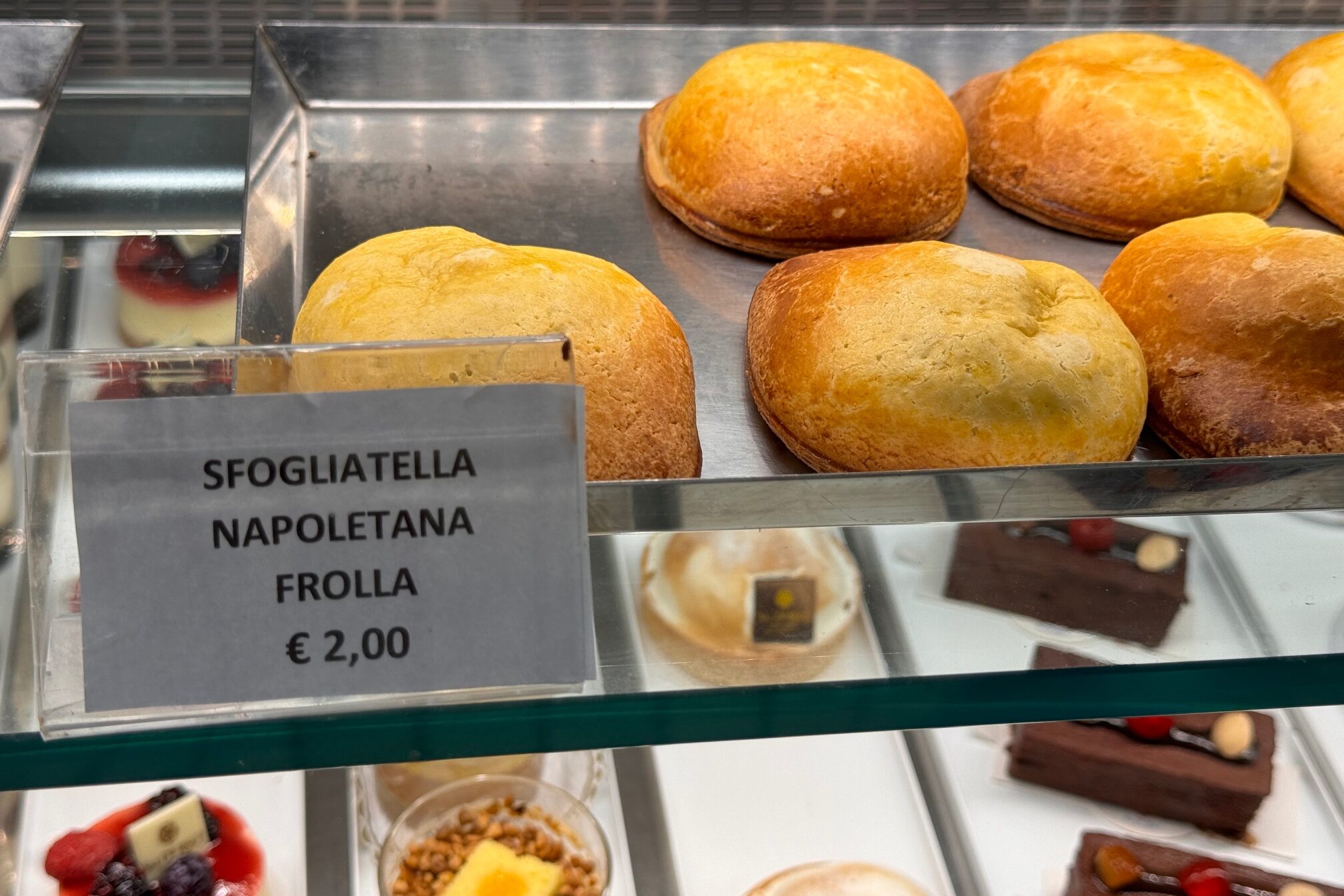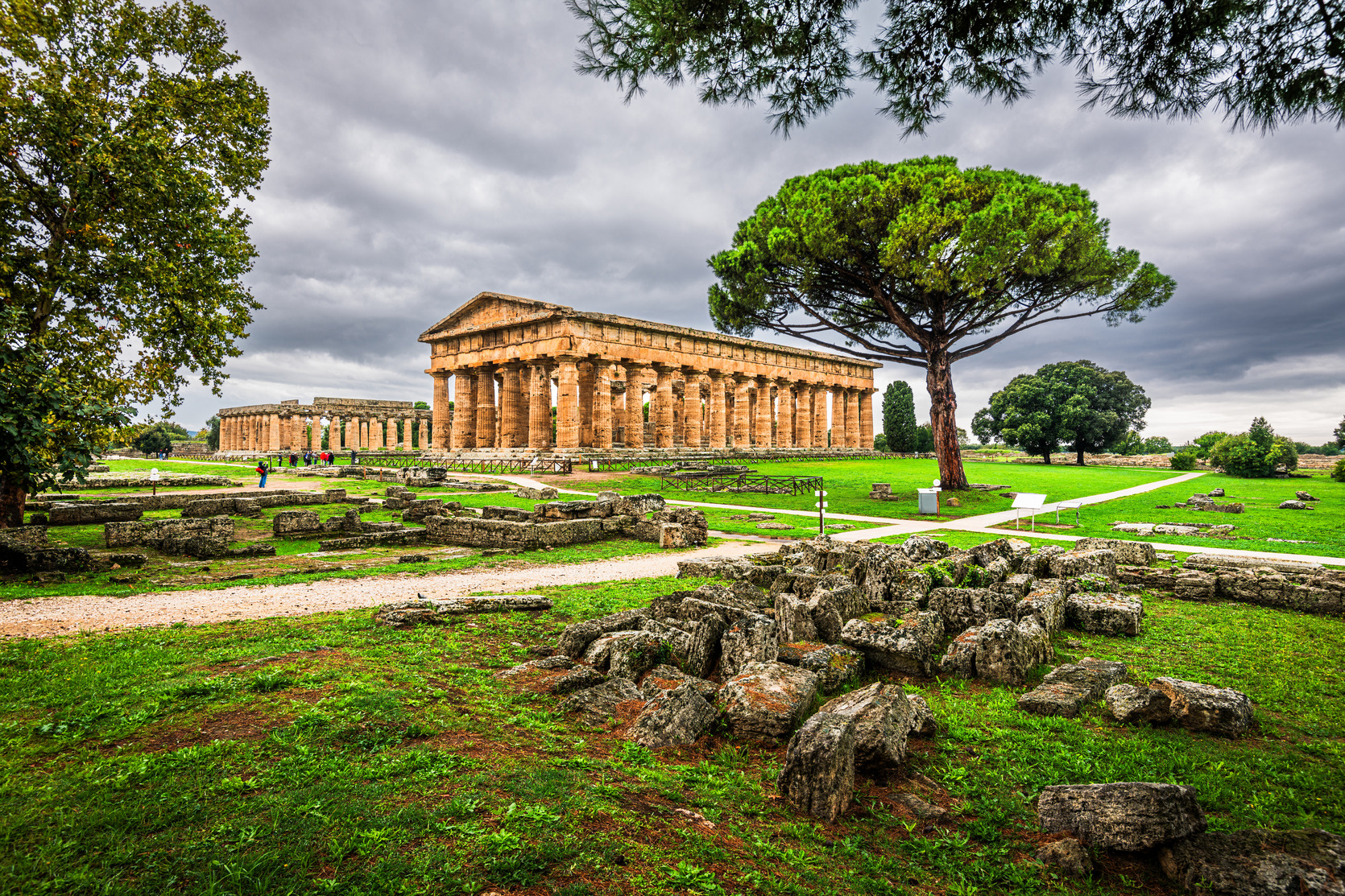I met Gay Talese on a Friday afternoon in New York City, when the sun descends from its zenith and anxious pedestrians are walking briskly home to begin their weekend. He had agreed to meet and talk about his Italian American experience and his career as a journalist and a non-fiction novelist.
Gay Talese is to literary journalism, the way Puccini is to opera, Michelangelo is to art, or Armani is to men’s fashion. He is, as his late friend and author David Halberstam once averred, “The most important nonfiction writer of his generation, the person whose work most influenced at least two generations of other reporters.”
The almost eighty-four years young writer is a throwback to the beat reporters of the past who truly worked a story before sending it off to his editors. He also graduated from the University of Alabama in 1953 with a journalism degree, when few Italian American men were barely completing high school, let alone seeking a job in reporting.
When I arrived at his four-story brownstone, I was about to ring the doorbell, as instructed by Mr. Talese in his email, but I noticed the front door was open. I walked a few steps forward and entered a vestibule to see the main doors slightly ajar. I peeked through the opening of the door; the lights were turned-on inside, and I saw no one. I glanced over my shoulder to read the surname written above the doorbell; it did not indicate Talese, so I decided to knock firmly.
The force of my knocking opened the door wider. I continued to walk inside and saw a young man on his knees placing tools into a metal box. For a brief second, I thought I was stumbling upon a crime scene but I then asked the worker, who at this point I had caught his attention from my loud bang, “Is this Gay Talese’s address?” With working tools clenched in one hand, he responded, “Yes it is,” and then paused for a second and politely added, “I will try to find him for you.” While the man went upstairs, I inched my way to the study area and noticed in all directions art and volumes of books.
Before I could observe anything else about the room, a woman appeared from the top of the fully carpeted stairs, she greeted me with a wide smile and said, “Hi, I will tell him that you are here, please come inside and have a seat.” While she walked away, I realized through my research that the woman who welcomed me was Gay Talese’s wife.
Nan A. Talese has been married since 1959 to the writer of The Kingdom and the Power, Honor Thy Father, Unto the Sons, A Writer’s Life and other books as well as dozens of newspaper and magazine articles. The young couple eloped to Rome while she was a magazine editor and he was already a New York Times reporter. Ms. Talese has had her own illustrious career in the publishing business. Early in her career, she worked as an assistant editor and editor-in-chief for Random House, Houghton Mifflin and in 1990 established Nan A. Talese/Doubleday Publishing.
I proceeded to walk from the study area through a hallway and into the main living room. In the midst of waiting, I reached inside my bag, shuffled a few items inside, to get to my notepad and recorder. After waiting a few minutes, from my periphery, I saw Gay Talese walking down the stairs. When he landed on the last step, he smiled and outstretched his arm to shake my hand.
The octogenarian writer has always maintained a slender built and wore one of his trademark outfits, a herringbone tailored blazer with elbow patches and brown trim along the lapels, a finely pressed pink collared shirt, with a matching red silk tie and perfectly fitted dress pants. We sat on opposite ends of adjoining leather couches, and he started to apologize for the noise from the front entrance and explained work was being done on their windows but he reassured me the job was concluding.
We started to talk about his book that is due out in April, 2016. The non-fiction novel is a continuation of Unto the Sons, and A Writer’s Life and is about his own marriage. He was reluctant to reveal too much about his upcoming novel since he is under contract with Knopf Publishing Group, but emphasized we could talk at length about the book in the future. While he was finishing his sentence, I thought I wanted to move away from the present to the past so I asked him what it was like growing up Italian American in Ocean City, New Jersey.
He admitted quite candidly that “it was very difficult growing up Italian American” during the 1930s and 1940s in Ocean City. Gay, named after his paternal grandfather Gaetano, was born in 1932 and for nearly twenty years of his life he was confused and defensive growing up Italian American because “in the day time I was American and at night Italian.”
He went on to explain, “I grew up in an area that was founded by White Protestants and went to a parochial school with predominately Irish American students, who sometimes referred to me as Dago or Mussolini in class.” His father, Joseph Talese, was a tailor from Maida, a small town in the province of Catanzaro. His mother was born in New York City to parents who emigrated from the same area in Southern Italy. “My father had a tailor shop and my mother sold dresses in Ocean City where few Italian American families lived.”
During the day “My parents dutifully worked from 8:00am to 6:00 pm, never spoke Italian (only to a select few) and assimilated to their Protestant environs. At night, however, I saw a different side especially in 1942 from my Dad, when Italy was at war with the United States. Every night I would see him listen to the radio and afterwards he would pray to San Francesco di Paola, the patron saint of Calabria. He was constantly worried about his two brothers in the Italian infantry as well as his mother and other relatives back in Italy.”
As he witnessed his parents embrace their new culture in the day, while they held on to their Italian roots at night, he was still confused because “Everything about being Italian was Whop, Dago, Mussolini, fascist or in the headlines it was Mafia, Lucky Luciano, before that Al Capone, thieves, or rag-pickers. The image of an Italian was always negative, like Muslims today, here we are in 2015 and all Muslims are seen as terrorists.” His remarks made me think about how many young Americans presently of first or second generation feel marginalized because of the media’s damaging portrayal of their culture.






























